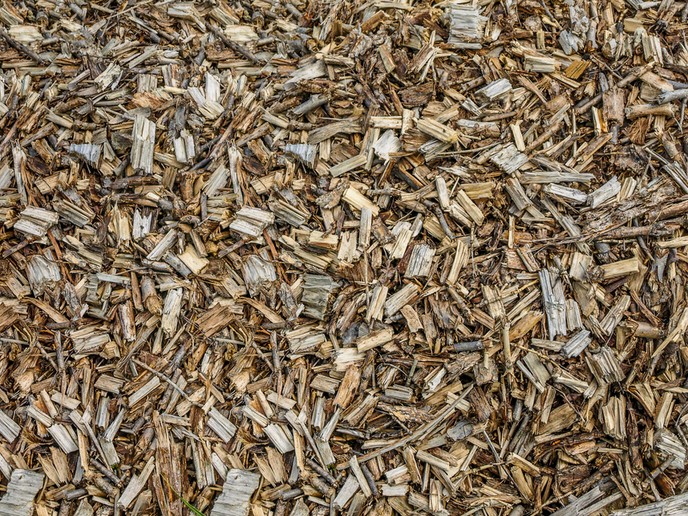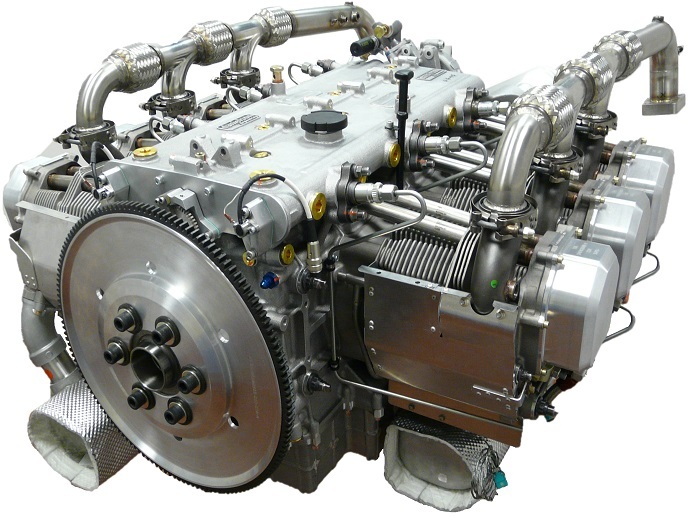Additives make a difference
Recent environmental legislation has reinforced the need for deposit control additives to keep the diesel engine clean and maintain low vehicle emissions. In addition, the introduction of diesel fuel with substantially lowered sulphur content has led to the need for lubricity additives, conductivity improver additives and others. The growth in diesel fuel additives use reflects the growing diesel fuel demand and the changing technology of diesel engines. The EU-funded FAEFID (Characterisation of fuel additives effect on fuel injector design) project aimed to systematically evaluate the effects of additives on diesel engine performance. Due to their proprietary nature and complex chemical compositions, additives and the mechanisms by which they affect nozzle flow and spray formation were not well-understood. Understanding how additives improve engine power output is key to future developments in injector designs and additives. To this end, researchers developed a prototype nozzle and an innovative measurement technique involving density measurements using X-rays. The experimental setup supported high-speed visualisation of internal fuel flow at a resolution of about 15 μm. Researchers could identify transient features of the flow that were studied in detail. Specifically, they obtained information on vortex shedding mechanisms through bubble detachment and collapse. Density measurements with micro-computed tomography provided quantitative data on vapour or fuel liquid volume fraction. The FAEFID team identified differences among various additives but more importantly, gathered sufficient validation data for computational fluid dynamics (CFD) models. CFD models were developed to describe the effect of certain additives on fuel flow accurately. The fuel injection system lies at the heart of the diesel engine, and poor quality diesel fuel has been its biggest enemy. Project findings, described in five publications in high-impact peer-reviewed journals, will contribute to protecting the fuel injection system through the development of a new line of diesel fuel additives.







